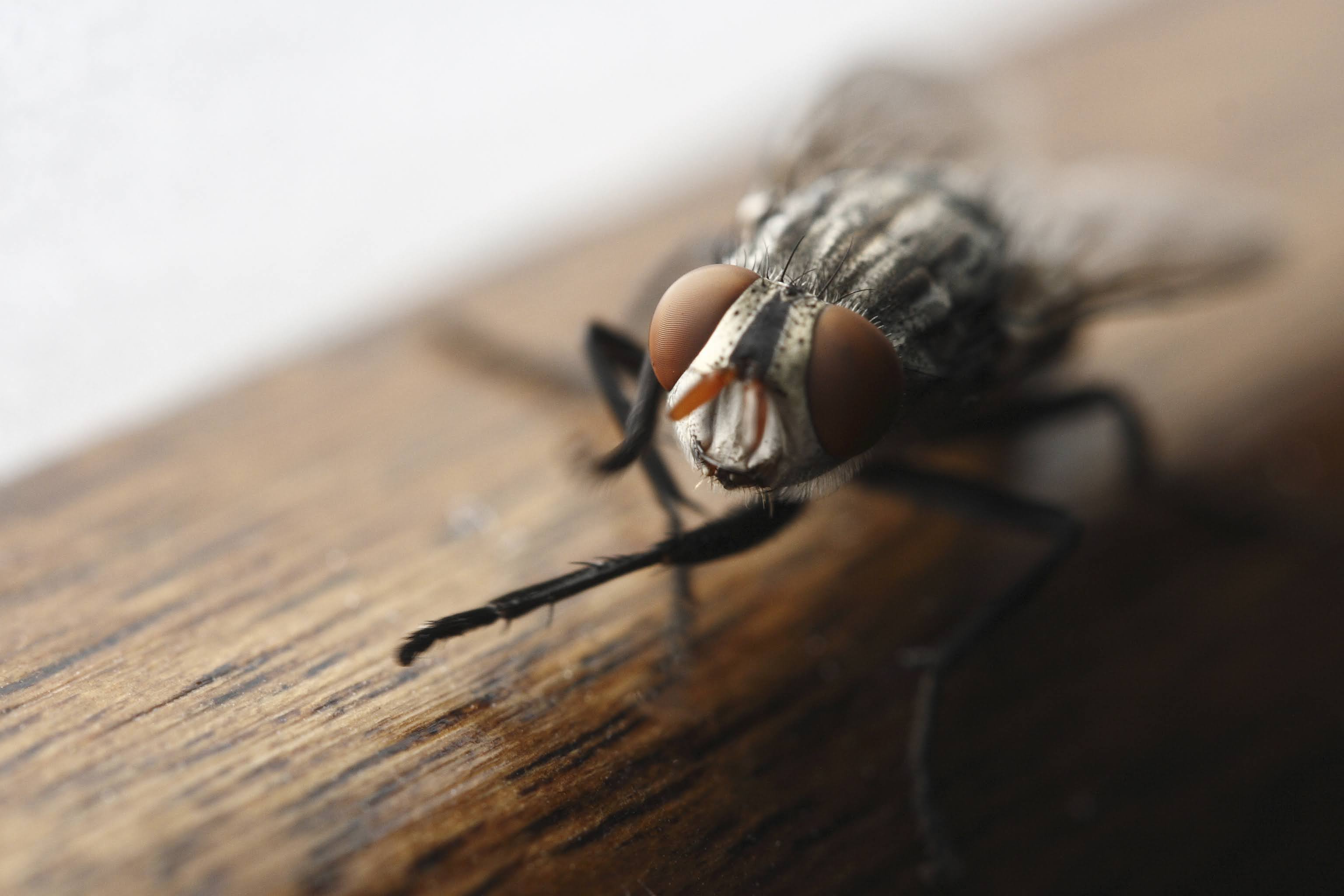
15 Aug Hot Weather and Pests: Questions and Answers
You may have noticed that Southern California and the American Southwest have fallen prey to a brutal heat wave. Even under less extreme conditions than these, hot weather can cause your local pests populations to react in a variety of ways, some of which can result in increased home or property infestations.
You can do a more effective job of warding off irritating or destructive pests during these hot spells by understanding why and how they respond to heat, from their breeding cycles to their quest for cooler & wetter surroundings. Start by studying the answers to these questions about hot weather and pests.
Why Do Home Infestations Increase in Hot Weather?
Just as humans seek shelter from excessive heat, many common pests cannot comfortably tolerate extreme temperatures. These creatures naturally look for cooler environments, preferably ones that also offer plenty of water and food sources. Unfortunately, your home may provide the ideal residence for these hot-weather invaders.
How Does Heat Affect Pests’ Routines?
The earlier a warming trend starts, the more pests you’ll likely encounter in the heat of the summer. Cold-blooded pests such as insects depend on the warmer weather to get their metabolism going so they can invest that energy in reproduction. Early, more intense breeding seasons mean more summertime pest infestations.
Some pests grow more active in hot temperatures while others hide from the sun, waiting until the peak temperature falls before venturing out for food. If you don’t see trouble signs during the day, wait until evening and you may observe hordes of mosquitoes, centipedes, moths, crickets, cockroaches, and kissing bugs.
What Pests Pose Special Concerns in Hot Weather?
While some pests simply grow more prolific or move indoors when the mercury rises, others can pose more of a threat to your home or your loved ones. For instance, bees, wasps, and hornets may grow more aggressive in warmer weather. This aggressiveness can lead to more frequent stings, a serious concern for allergic individuals.
Termites can do considerable damage to the wooden structures of your home, potentially making the home unsafe to live in. These insects like to attack in swarms during the hottest part of the day in the summertime after spending much of the summer breeding. Termites may even fly into your house through doors, windows, or gaps.
Don’t forget about the threat from biting pests during the hotter times of year. Mosquito bites can transmit a variety of frightening diseases to humans. Fleas and ticks, both of which thrive in hot weather, can infect you or your pets with everything from Lyme disease and cat scratch fever to tapeworms.
How Should You Deal With Hot-Weather Pests?
Since many hot-weather pests would rather enjoy the comfort of your home, you must take extra steps to close off your interior against infestations. A skilled pest control team can point out any little cracks, gaps, or other entry points that need sealing. You must also protect your property against termites during hot weather. Schedule a detailed inspection to check for signs of an infestation so you can get it eliminated as quickly as possible. Repaint or reseal dilapidated boards inside and outside your home to protect wooden components against termites.
Remember that hot-weather pests seek moisture as well as comfortable temperatures. If your home has a moisture problem, get your air conditioner checked or run it more frequently. A dehumidifier can help create a drier, less hospitable environment for pests. Don’t forget to fix any plumbing leaks around the house. You may also need to drain your pool or birdbath to discourage mosquito infestations.
If you struggle with an increase in pest problems during those sizzling California summers, enlist the aid of Eary Termite & Pest Services. Our experienced pest control technicians can identify your specific pest issues, get rid of the troublemakers, and instruct you on how to guard against hot weather infestations. Contact us today.




Sorry, the comment form is closed at this time.